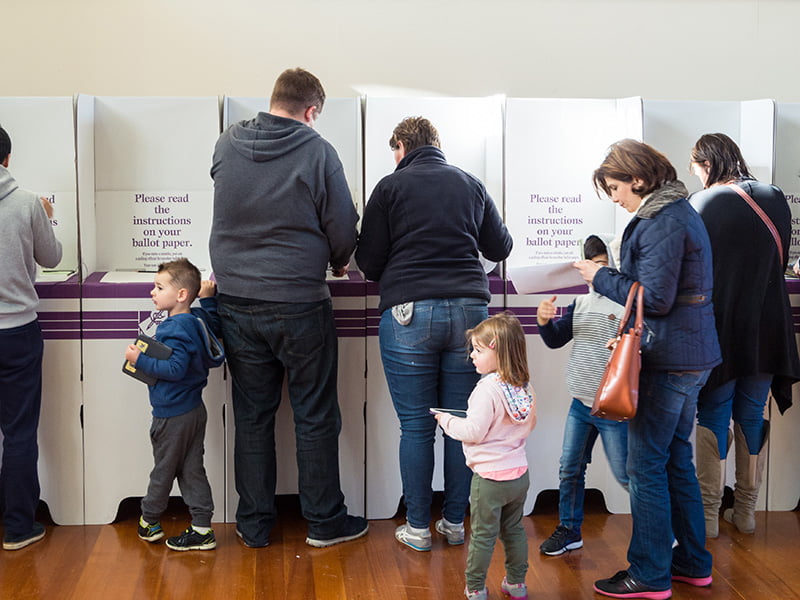NSW Labor will investigate an interim digital voting solution to allow blind and low vision Australians to cast a verifiable ballot in state and local government elections before 2027 should it win this month’s election.
Last year, the government pulled its existing digital voting system, iVote, after the NSW Electoral Commission was advised that an upgrade of software provided by Spanish vendor Scytyl would be necessary.
The decision followed technical glitches that prevented people from using the system to vote in the December 2021 local elections, resulting in three separate ballots being voted by the Supreme Court and later re-run, although the Commission contends this was not why iVote was scrapped.
The state government is currently reviewing options for technology-assisted voting and will use the findings to devise a path forward and procure a new solution, but does not expect digital voting to resume until at least 2027.
In the interim, it plans to rely on telephone assisted voting despite serious concerns from advocates for blind and vision impaired Australians like Vision Australia, which argues that telephone voting doesn’t allow for a secret, independent and verifiable vote.

Shadow minister for digital Yasmin Catley told InnovationAus.com that the decision to exclude voters was “terrible” and has pledged to move up the timeline for blind and low vision voters using an interim solution.
“We need an interim solution up and running as soon as possible. We are risking excluding voters from the democratic process and that is absolutely not fair,” she said, echoing the concerns of Vision Australia.
“If we’re fortunate enough to win government and I’m in a position to have a forensic look at it, then that is something I’ll be doing and trying to get something up and running at least for those people who don’t have a choice.”
Ms Catley, who hopes to build on the efforts of outgoing Minister for Customer Service and Digital Government Victor Dominello by creating digital government services grounded in trust, said recent advances meant that secure digital voting was now more than possible.
“15 years ago we didn’t have the capacity for digital voting but we do now and therefore we should not be ignoring it and saying it’s too hard,” she said, pointing to digital identity as a possible way forward.
NSW Labor and the Albanese government are planning to work “hand-in-glove” on digital identity and digital credentials if it is elected, with Chris Minns already having signalled his support for efforts underway to improve interoperability between federal and state digital services.
In 2021, Minister Dominello said that digitising state elections would be “easy”, despite the government initially rejecting a series of Electoral Commission funding proposals to secure electoral systems.
A funding pack of $4.8 million — a fraction of the $21 million business case it submitted ahead of the 2021 state Budget — was eventually secured by the Commission but not before Commissioner John Schmidt described the funding process as “Kafkaesque” and a “circle of hell”.
Do you know more? Contact James Riley via Email.

